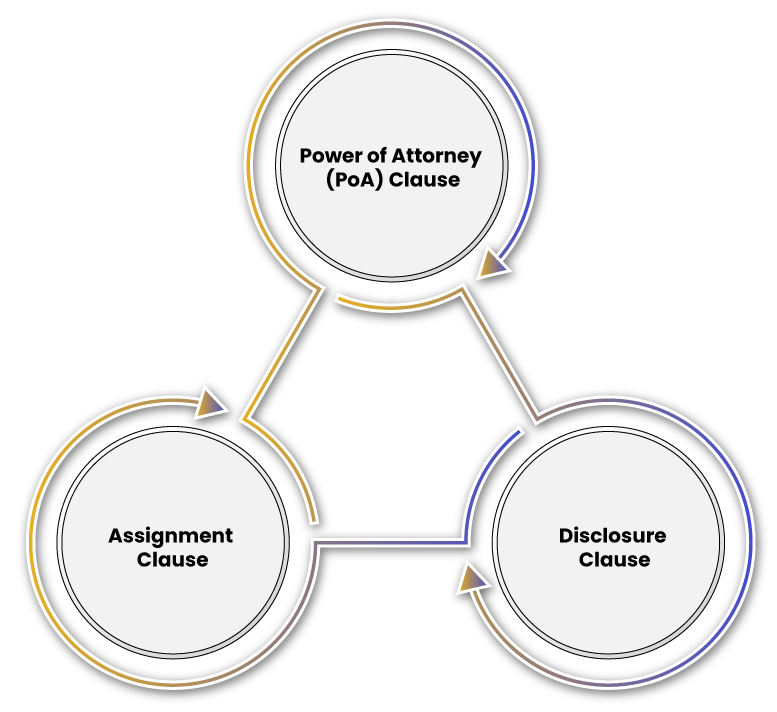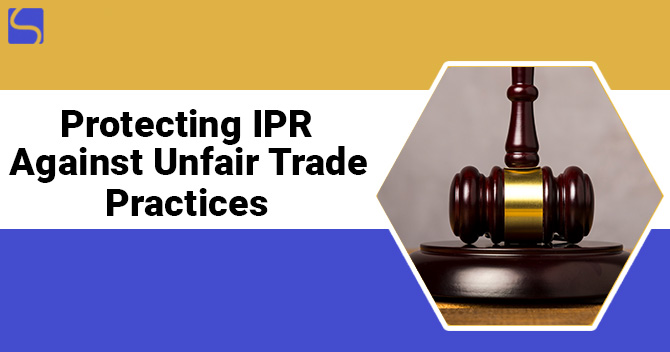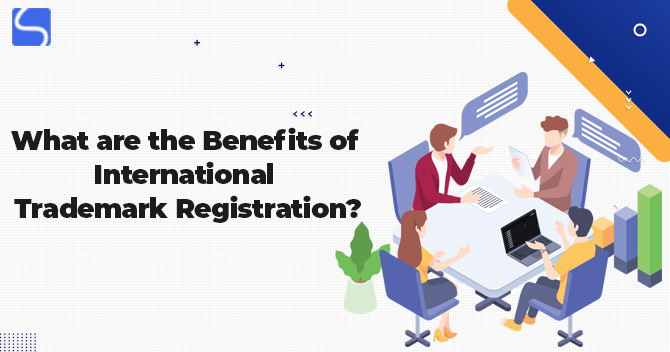A Complete Guide on Employee Intellectual Property Agreement

Karan Singh | Updated: Aug 18, 2021 | Category: Intellectual Property
According to the law, the owner of an innovative idea is the one who brings it into existence unless there is an agreement to the contrary. Many of us believe that the employer owns the intellectual property that an employee creates in the course of their employment. But, an employer assuming that all employee rights over such IP are extinguished might be careless in their approach. The employee still owns the author’s right, moral rights & rights to object to modifications to work. Therefore, it becomes vital to comprise terms determining the proprietorship of Intellectual Property (IP) in independent contractor agreements, employment contracts, or agreements with a designer or consultant. In this write-up, we will discuss the concept of the Employee Intellectual Property Agreement.
Table of Contents
Course of Employment – Meaning
Suppose a company’s employee brings any innovative ideas in the course of employment or business. In that case, the employer can claim the same if it was mentioned in the contract already & the employee also consented to the same. However, if IP is created outside the course of the employment, an employer cannot claim the rights over it. It is necessary to know the employees’ duties to distinguish the scope of what will constitute “in the course of employment” in the contract agreed upon by both parties.
Let’s understand what all must be mentioned in terms of an agreement between the employee & the employer.
It should be noted that an agreement with an employee shouldn’t be a verbal agreement; it should always be a written agreement. It will be always good if the employer gets the agreement or contract signed by the employee prior to the commencement date of the employment. The majority of companies have their own standard outline of employment agreements for different types of jobs in the company. In an instance where the employment agreement is not signed before the beginning of the employment due to any appropriate reasons, all the liabilities & rights will be affected from the beginning date of the employment.
What are the terms that should be comprised in Employee Intellectual Property Agreement?
Following are the terms that should be comprised in Employee Intellectual Property Agreement:
- The Intellectual Property made by an independent contractor or an employee or a consultant at the time of the course of employment will be owned by the employer.
- The confidentiality clause requires the consultant, the employee, or the independent contractor to keep any information of the employer confidential and neither reveals the same nor uses it in any matter outside the course of employment.
- It must also comprise a term which states whether there is any waiver of moral rights by the employee during employment over the IP.
- Terms to the effect that the employee or independent contractor or consultant will sign any documents logically required (like Assignment Deed) to record the ownership of the employee of the IP created during their employment. This compulsion should continue during & after employment. An employer should make sure that any assignment or license deals with present rights & future rights.
- A clause should be drafted to the employee or the consultant regarding whether they should reveal the new inventions & a record be maintained to prove the work originality and the date of its creation.
- It should ensure that a term of restraining the past employee on the competition for a definite time and in a specific geographical area. It should be made sure that such controls are reasonable.
- A clause where all the definition and scope of confidential information must be mentioned in the agreement. It should comprise the Intellectual Property (IP) created by the employee in their course of employment, all the business information and any other IP of the employer itself. The business information and any other IP of the employer itself. The business information comprises business plans, marketing strategies and plans, the financial information, customer lists, and any other information of the company necessary to be stated in the agreement.
Significant Points for Drafting the Employee Intellectual Property Agreement
For the excellent statutory documents, it should remember to draft the Employee Intellectual Property Agreement with the following key points:
- Any inventions, ideas, or discoveries should be appropriately revealed to the employee if such inventions, discoveries, or ideas are related to the company’s business and are during employment.
- The company will be deemed as the owner of such ideas, inventions, or discoveries.
- Suppose an employee is hired mainly for any invention or for developing a work product. In that case, the right on such innovations or work products are the employers since it was created out of the employer’s request & expense.
- In the case of a start-up company, to safeguard the vital assets and to notify the investors of a start-up company, which has an intellectual property[1] that will be used as the company’s pillar for its success, the start-ups should draft an Intellectual Property Clause in its agreement which will be signed by everyone concerned with the start-up which also comprises the developers, promoters, and the employees.
It should be remembered by the employer to get the signature of the employee appointed in an IP assignment agreement to prevent any future problem of the same.
Provision to be included in the Employee Intellectual Property Agreement
First, we should know that there is no standard form for Employee Intellectual Property Agreement. So it should be carefully signed & drafted by the employee for its statutory binding. Mainly, the Employee Intellectual Property Agreement has at least the following three clauses in common:

- Assignment Clause: This clause transfers the rights, contractual obligations, or duties from one individual or party to another individual or party. The clause should also mention the conditions in which an individual or a party can assign these rights, obligations, or duties.
In an Employee Intellectual Property Agreement, the employee assigns their inventions or ideas or discoveries and transfers the true & overall ownership of the IP. In this provision, it can either narrow down or widen any ideas or inventions or discoveries or nearly anything the employee creates.
2. Power of Attorney (PoA) Clause: In this clause, the employee appointed in the company appoints the company as a Power of Attorney of an employee to execute documents or take actions on their behalf. The advantage of the PoA Clause is that the company will then have the power to sign documents or implement any other agreements on behalf of the employee to assign the IPR to the business.
3. Disclosure Clause: This clause is an Employee Intellectual Property Agreement drafted in such a manner that the employee notifies the employer of the IP developed according to the Assignment Clause. It should be remembered that everything should be properly & clearly disclosed in the Disclosure Clause.
Conclusion
Thus, in the end, we understand the significance of an Employee Intellectual Property Agreement and how it can impact the company if such an agreement is not drafted. Employee Intellectual Property Agreement acts as a protection layer to the company, especially a new company, in preventing any future problems. Much care should be given to the IP of an employee. It can either help in the development or destruction of the company.
Read our article:What are 5 Different Ways to Protect Your IP in Crowdfunding?














